Description
First day cover (FDC) featuring the 2010 “Lundy Wildlife” issue, comprising 35p, 46p, 69p, 75p and 100p values, and depicting various animals that inhabit the island.
Stamps listed in Jon Aitchison’s Lundy catalogue as numbers 360-364.
About Lundy
Lundy is an island in the Bristol Channel, whose stamps are among the longest-established and most sought-after local issues.
Unlike many labels that bear the name of British offshore islands - such as Eynhallow or Staffa - Lundy's stamps have always performed a genuine local postal function. When the British General Post Office withdrew its services from the island in 1928, the then-owner Martin Coles Harman introduced the first Lundy stamps in 1929 to cover the cost of carrying mail to the mainland.
To avoid confusion, Lundy stamps initially had to be fixed to the reverse of any postal items. From 1962, Lundy stamps were allowed were allowed to be affixed to the address side of postcards - but still well away from the 'official' British stamp - with this policy extended to all mail in 1992. These days, mail from the island only requires a Lundy stamp, which now incorporates the Royal Mail charge alongside the extra "puffinage".
Since 1969, Lundy has been owned by the National Trust, and financed, administered and maintained by the Landmark Trust, who continue to issue Lundy stamps. As of 2023, over 400 Lundy stamps have now been produced over the past nine decades, and 40,000 items of mail are sent annually. You can read more about the Lundy postal service on the Landmark Trust website.
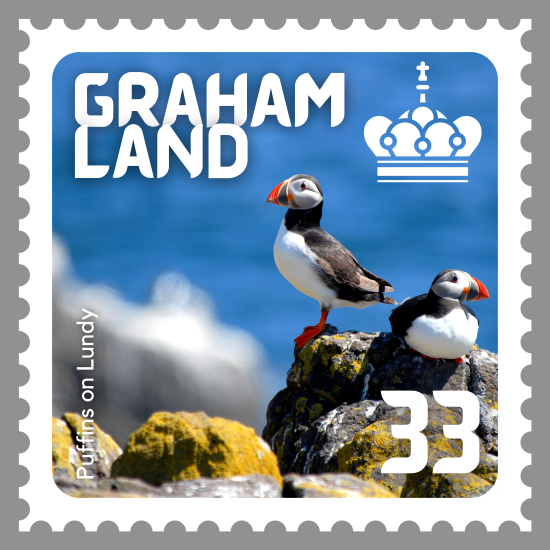

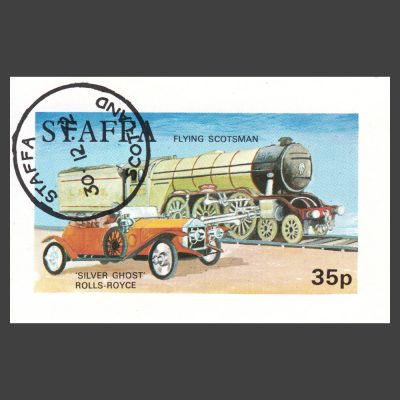
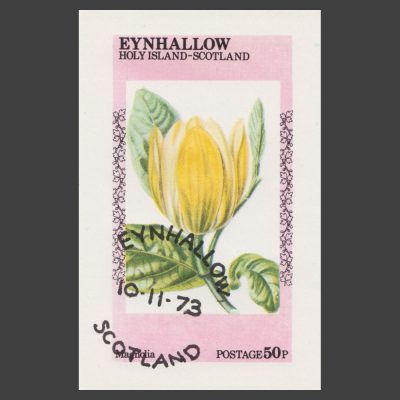
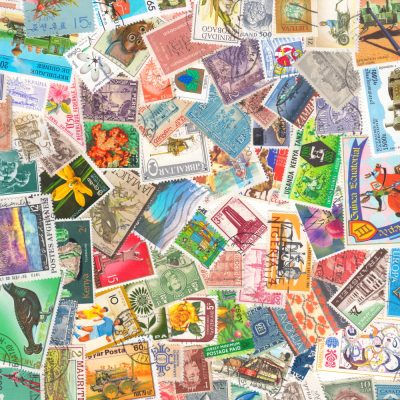
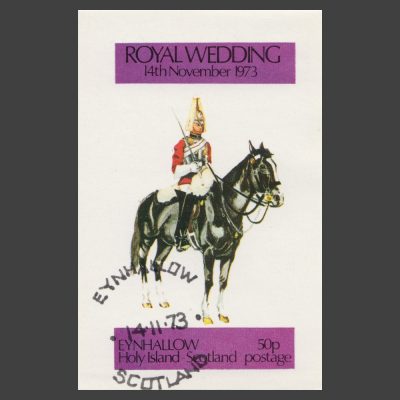
Reviews
There are no reviews yet.